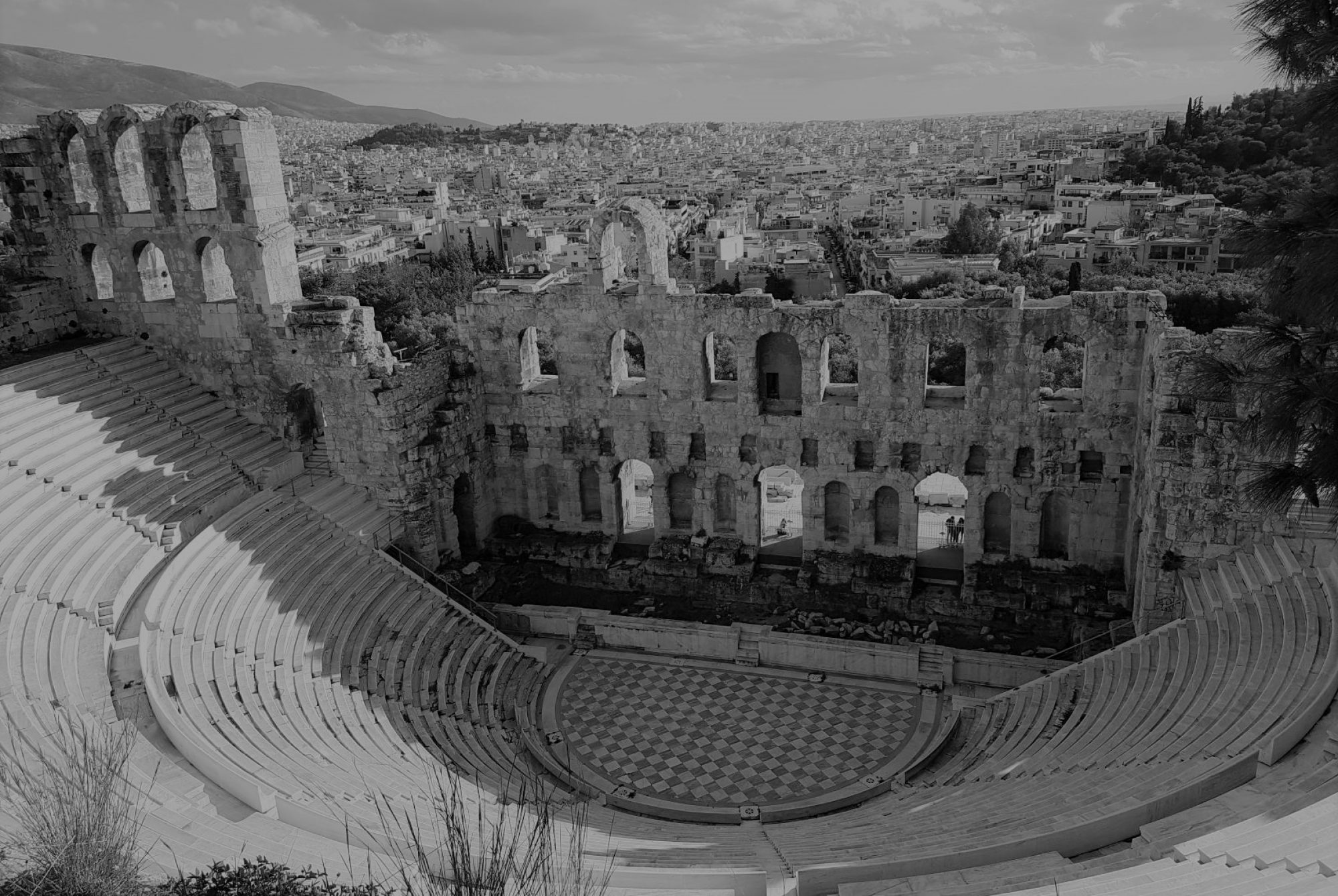The conference’s opening remarks, on the conference theme and the role of the Department of Society, Culture and Identity in this field, were given by Stefan Nyzell and Thomas Småberg, Malmö University.
Stefan Nyzell:
This is an important conference!
In the late nineteenth century, when history became a formalized discipline within academia, borders were drawn between the professionals – and with this, I mean the professionally trained historians within academia – and those in the public field outside academia that nevertheless were closely engaged with history in one way or another.
These borders are still there.
In his Theaters of Memory, from 1994 Raphael Samuel, argued that:
history is not a prerogative of the historian […]. It is, rather, a social form of knowledge […] drawing not only on real-life experience but also on memory and myth, fantasy and desire.
(Samuel, Theatres of Memory: Past and Present in Contemporary Culture, Verso Books, London, 2012, p. x)
History is so much more than the academic discipline!
At the same time, I do have a great love for the academic discipline! I am after all a historian by profession.
What I do think is that it is important to engage in discussions across the borders of academia and the public fields of history. I think people from both sides of the border can learn from each other. As medievalist, Richard Utz has stated in his Medievalism A Manifesto, from 2017,
It is important for the academics to ”reconnect with the general public that has allowed us to become, since the late nineteenth century, a rather exclusive clan of specialists communicating mostly with each other.”
(Utz, Medievalism a Manifesto, Arc Humanities Press, Kalamazoo and Bradford, 2017, p. ix)
We, the organizers of this conference, have a similar agenda. Our purpose is to address these boundaries between public history and academia – and to make them into border crossings.
Thus, at this conference, we have gathered a lot of people from both sides of the border – and taken together a huge amount of knowledge about the Middle Ages, that I for one can’t wait to learn more about!
****************************************************
Thomas Småberg:
On behalf of the organizers, I would like to welcome you all to our conference entitled Medievalism, Public History, and Academia: the Re-creation of Early Medieval Europe, c. 400-1000 hosted by Malmö University in cooperation with Uppåkra Archaeological Centre and financed by The Swedish Foundation for Humanities and Social Sciences.
At the department of Society, Culture and Identity at Malmö University, we have worked on critical cultural heritage for some years now. We have, for instance, an online course focusing on cultural heritage pedagogy in which our partners, which include museums all over Skåne and a few international institutions and scholars as well, are invited to give guest lectures and seminars. We also work closely with museums in Skåne on their educational programs and their upcoming exhibitions. We have also compiled a few research reports for Region Skåne on cultural heritage pedagogy. Together with a select group of universities, we were also invited to give a course for cultural heritage educators by the organization Sweden Museums.
On the academic side of things, we decided a few years ago to launch a series of workshops, seminars, and conferences to bolster cooperation between actors in the cultural heritage sector such as reenactors, museum educators, and researchers. The first two were held in Swedish and the topics mostly focused on Scandinavian fields of research. The first, held in 2015, involved a broad chronology and was entitled Cultural heritage and historical reenactment. The second workshop was held in 2017 on the topic Recreated Viking Age: Public archaeology and scientific pedagogy. This year, we are hosting our first international conference in the series: three days of interesting presentations and good discussions.
